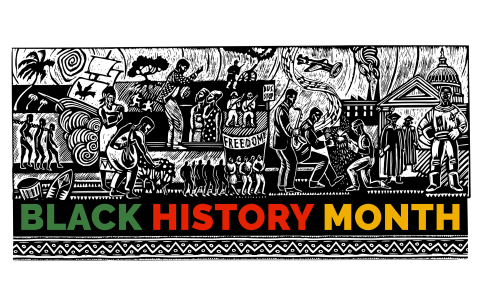Ida B. Wells is one of my sheroes. Seriously. I have a portrait of her on my office wall. Who is she, you ask? Well, how much time do I have? I know more now after reading Ida B. the Queen: The Extraordinary Life and Legacy of Ida B. Wells, by Michelle Duster and Hannah Giorgis.
Ida B. Wells Barnett is an icon in the fight for justice. She was born in 1862, the year before the Emancipation Proclamation was issued by President Abraham Lincoln, and grew up during the Reconstruction era, supposedly a time when the evils of slavery would be redressed through social development and when the southern states would be reintegrated into the Union. But rebuilding a nation and pursuing racial reconciliation was not an easy task. Resistance was everywhere, and one of the most egregious forms of resistance was the lynching of Black men and women. Lynchings were a way to keep Black people “in their place,” to incite fear, and to remind Black people that being “free” didn’t mean they were equal to white people.
Wells was arguably the most famous Black woman in her time. She wrote pamphlets and newspaper articles and spoke at rallies to raise awareness of the prevalence and horrors of lynching. Her advocacy marked her as an agitator. There were many threats to her life. In the late 1910s the Federal Bureau of Investigation wrote, “(S)he is considered by all of the intelligence officers as one of the most dangerous negro agitators, and it would seem that her case should be considered very carefully before she is given a passport to the Peace Conference.” This was because she dared to tell former slaves that they were worthy of dignity, respect, and justice.
Michelle Duster, the author of Ida B. the Queen, is Wells' great-granddaughter. Her book is intimate, filled with personal stories and historical accounts. The writing is complemented by photographs, original artwork, and excerpts from official documents and newspapers. Surprisingly to me, only about half of the book is specifically about Wells while the other half is about her legacy. I was expecting a biography of someone from the past. I got that, but I also got an overview of contemporary Black people who have raised their voices to protest racial inequality and violence. They are Wells’ legacy. I would have preferred more storytelling and fewer history lessons, but the history lessons do give context for the stories.
If you are looking for something good to read as part of your observance of Black History Month, I highly recommend this book. (One Signal)
About the Author
Michelle Loyd-Paige is the executive associate to the president for diversity and inclusion at Calvin University, a member of Maple Avenue Ministries, and the founder of Preach Sista! (preachsista.org).









